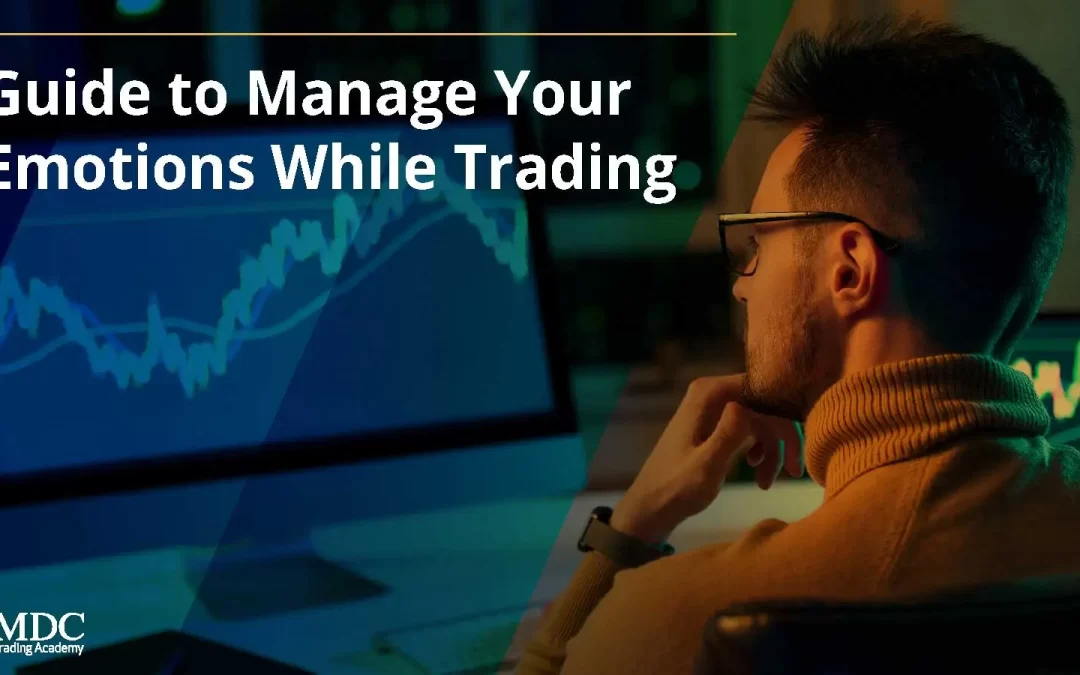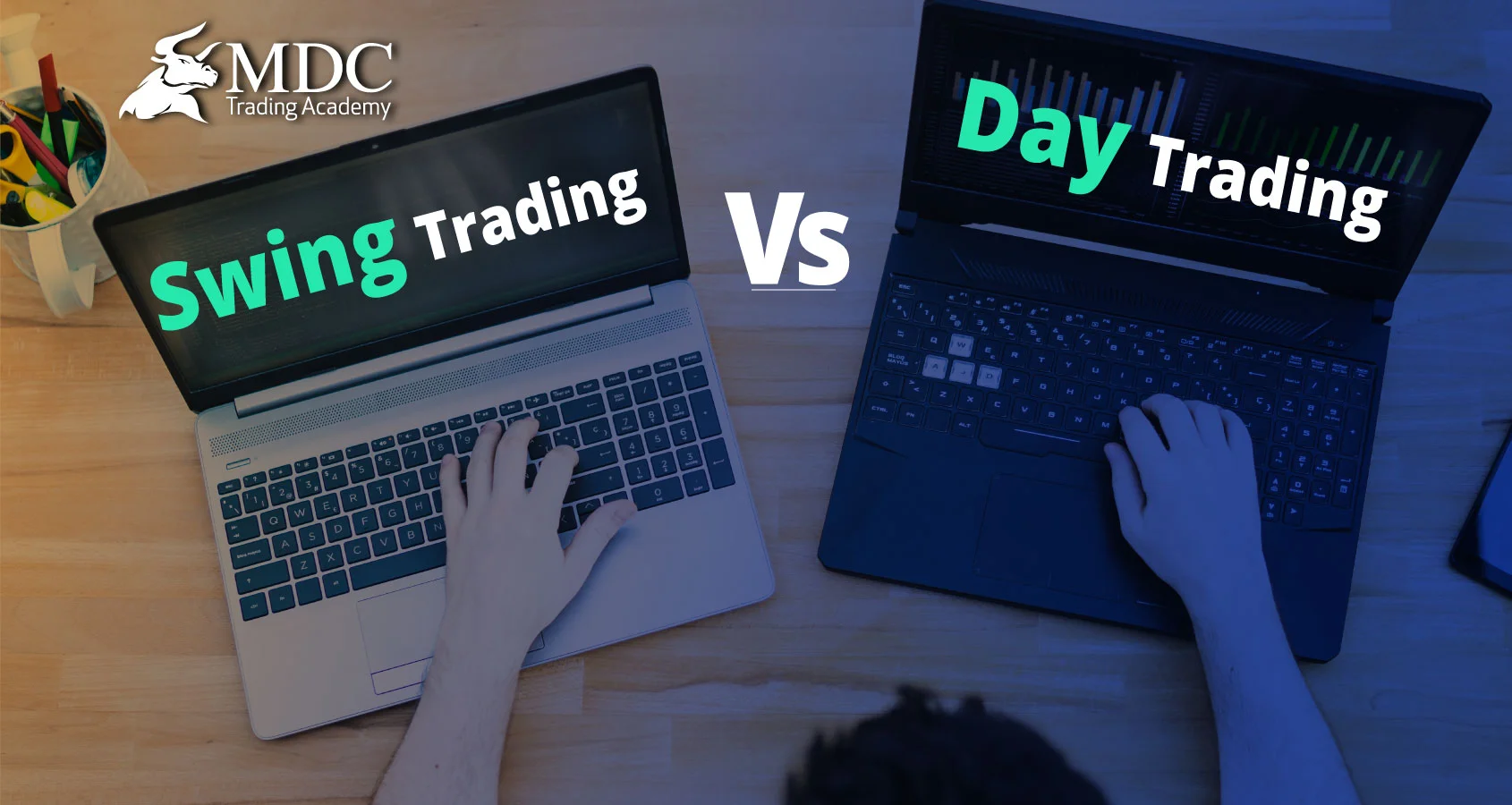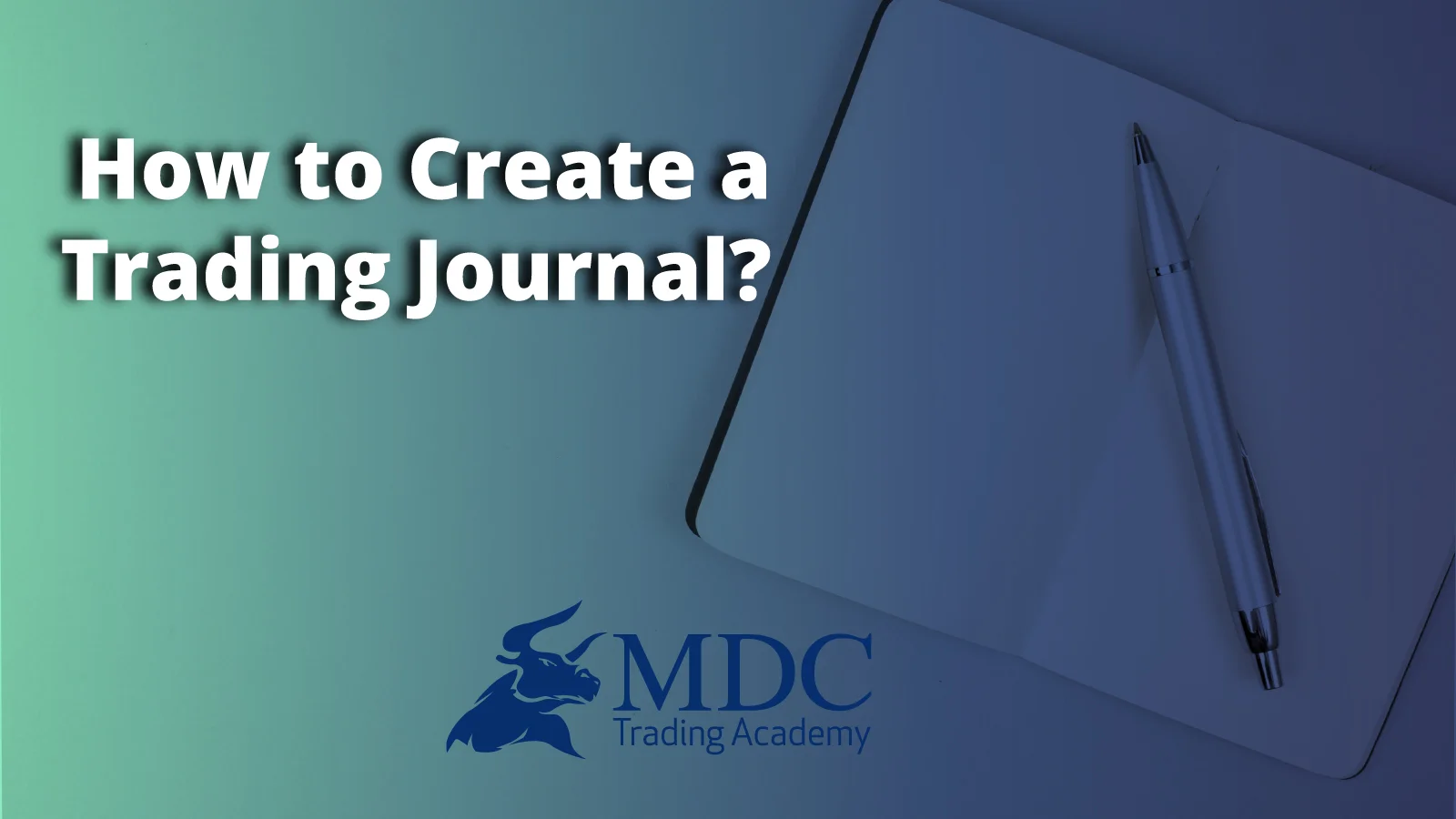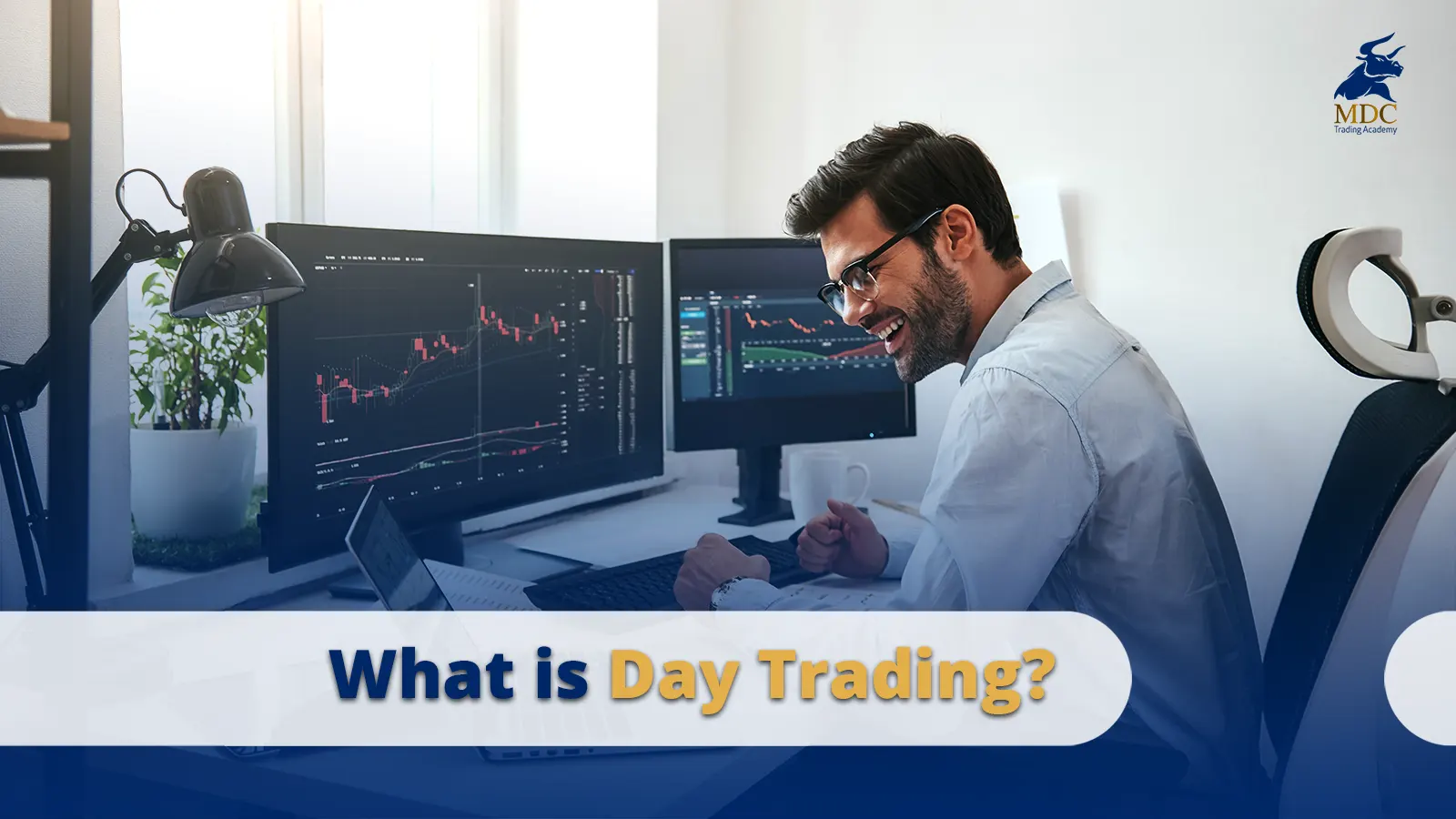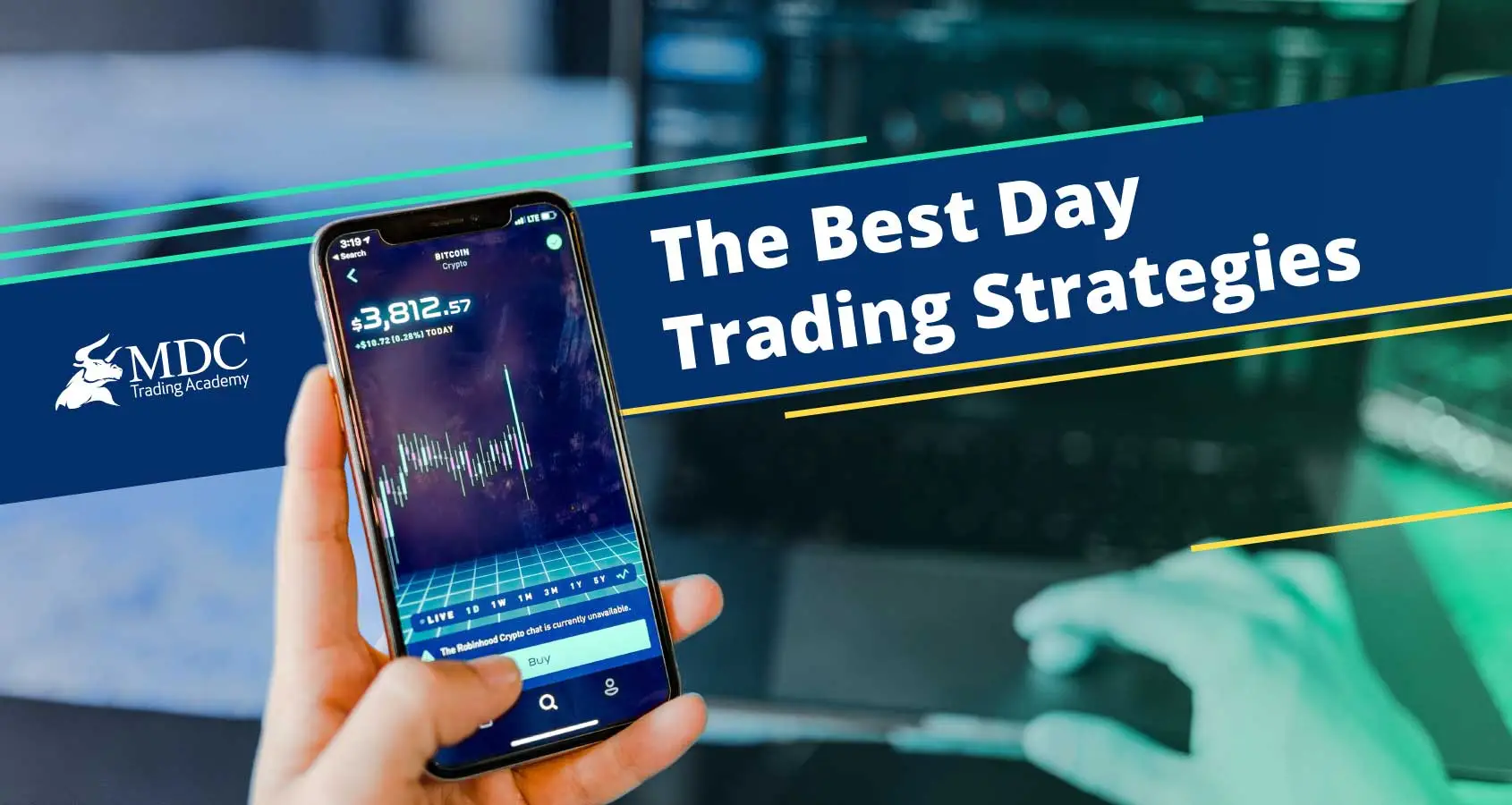Trading Psychology is one of the essential parts of a trader. To become successful and profitable, you should learn to understand and control your emotions to make better decisions.
As you know, the financial markets function with uncertainty, and many movements can be unpredictable. Thus, there will be situations out of your reach that can directly affect your trading results. In those scenarios, you may feel bad about it, but I will teach you how to deal with these feelings.
Read ahead to learn how greed, fear, and other emotions can affect you in your next trading session.
What is Trading Psychology?
As an introduction to Trading psychology, let me define this concept: is the emotional understanding of a trader while operating the markets and how they affect his state of mind. Every trading session has different stages, such as the analysis before the markets open, the moment you are negotiating stocks, and the end of your session.
Knowing how to deal with your losses or a winning streak will help you to keep developing as a trader. You have to be critical and analytical to make the right decisions.
Why do you Need Trading Psychology as a Trader?
At MDC Trading Academy, we think a trader should have the three main pillars: analysis ability, risk management, and psychology in trading. The first two are essential to understanding the behavior of stocks and managing your capital. But trading psychology is the aspect that will help you be calmer, more agile, and have enough discipline to follow your trading strategy.
While training new traders, I always emphasize the importance of trading psychology. For me, controlling your emotions is the path to your success. Especially greed and fear.
Many traders let greed control them in the search to become rich, but this only leads them to take riskier decisions and lose more money. On the other hand, some let fear scare them to make movements. So, in the end, they did not even take a chance.
That is why you need to learn about this. To create a solid foundation while trading: the combination of knowledge and emotions working for you.
Do not get behind with the basics! Join our free course and start your trading career with a solid foundation of knowledge!
How to Develop Trading Psychology?
The essence of trading psychology starts by understanding your emotions while trading. Be aware that they influence your state of mind. Do not try to separate them from you and your activity. They are a crucial part of you, and you should control them.
Setting the right state of mind will take time, but recognizing their importance in your trading sessions is a great way to begin. Try to identify moments when you feel greed, fear, or anxiety. Then, think about what is causing it. Accept the role of emotions in trading.
Plus, in order to develop and improve your trading psychology, you should have a great knowledge base of the stock market to make better decisions, observe how others do their operations, remember that you are trading with real money, and practice every single day.
But do not stop here! Keep reading to find some questions that will help you understand your emotions and how to work on trading psychology.
How to Manage Your Emotions While Trading?
Having a trading plan and a strategy will make the difference while trading. Those tools will work as your guide and map in your trading sessions, and make it easier for you to know what to do in certain situations.
These are three steps you could follow to manage your emotions:
Set some rules
To control your emotions and their effects on your analysis, it will be ideal if you set some rules about your operation. For example, to set up a limit for your profit and loss, or having enough information about the news that impacts the financial asset you want to trade. It can be anything that establishes a path to follow.
You have to be disciplined and committed to your rules. Ergo, if you reach your limit for loss, you should stop your trading session, analyze what happened, and find solutions for your next session.
Research
Research as much as you need. Be familiar with the industry of the stocks you are interested in and the relevant news about them.
Learn about technical analysis and fundamental analysis; they are tools that can be useful for you while supporting your buying and selling decisions.
Remember that knowledge is power and can be your tool for overcoming fear and greed.
Be flexible
Do not forget to be critical about your trades. Analyze your strategy and understand what is working right and what is not.
Maybe the financial markets are experiencing many changes and do not relate to your strategy.
Perhaps there is something wrong with your strategy. The objective is to be flexible enough to make the necessary modifications.
Trading Psychology Mistakes
Setting aside feelings like fear and greed, I will talk to you about some of the mains psychology trading mistakes:
- FOMO: Also known as Fear of Missing Out, is a feeling caused by the belief that everyone is doing something and you are not. It is common in financial trading. For example, cryptocurrencies suffer from this, and many traders suggest buying them even if they do not know how they work. It does not mean they are a bad investment, but you need to consider if any financial asset works according to your strategy.
- Overconfidence: if you are making good trades, analyze if it was just luck or thanks to your strategy. Do not let a winning streak give you a boost of confidence that can potentially cause you to lose a lot of money.
How to Improve Your Trading Psychology?
I want to share with you three strategies that can helps you be more prepared while trading:
Be exposed to the market
Financial trading can be scary because you are investing your money, and there is a risk of losing it. Nevertheless, that fear will always be there. It will not fade away, so you have to learn to live with it.
You have to be exposed to the feelings in trading to master them. Increase your confidence while operating the financial markets by controlling the fear. Deal with it and focus on your operation; if you are following a plan and doing your analysis, you can set that feeling aside.
Change your state of mind
Financial trading implies being in constant change. You are constantly adapting to market conditions and the economic events of the world. But also, you have to keep changing the way you think.
This process will take time, be patient and learn to understand the negative feelings and how they influence your trading activity. Take notes about them and find ways to solve them.
Look beyond financial trading
Many traders made the mistake of thinking only about finance and let out some other aspects of their lives. This career requires being emotionally stable with other things like your family, health, and hobbies. Take the time to enjoy activities besides trading stocks. Keep close to you anything that makes you feel right.
Tips for Overcoming Common Psychological Obstacles in Trading
Finally, I am going to give you four tips to overcome obstacles in trading:
- Manage your confidence: do not get too cocky if things are going well. Also, set aside your pride and acknowledge your mistakes. Be confident enough to trade, but not as much to let you ride by emotions.
- Check your results: whatever you are experiencing, you have to be aware of your results. Consider them and compare them to your emotions. Observe the relation between your feelings and your trades: you may have fear but do great at your trading, or, you may feel fear and make wrong movements.
- Analyze the market: take advantage of any tool at your disposal to confirm your decisions; technical indicators are great tools to support them.
- Set a goal: be clear about why you are doing financial trading. It will be your motivation to carry on when things may seem difficult.
FAQ
What is the Mindset of a Trader?
A trader should focus on being successful. It does not mean you need to make a lot of money, but do not take me wrong! Of course, a trader must make money, but to be a successful one, you should focus on controlling your losses and managing your capital.
Also, a trader with the right mindset will understand the importance of emotions. They are not separate from the trading activity: they work as a whole.
Finally, be sure to keep a clear goal. Understanding where you are going is essential, and you should have a strategy to guide you.
How do Traders Control Their Emotions?
The first step to controlling an emotion is to identify it. It is the first principle of the psychology of trading. That is the reason you should always keep your trading journal. There you can write down some questions that will help you better understand what is going on with you while trading.
Ask yourself the following:
- What is what I am feeling? Is it greed, fear, or confidence?
- Why am I feeling this?
- What is provoking this feeling? Did I lose money? Did I win?
- What caused me that feeling? Was it my mistake? Was it something related to the market? Was something out of my reach?
Be honest and critical about those questions. Any answer will get you closer to understanding your emotions while trading. Consider the stage of your session.
Once you know the exact emotion and what is causing it, find a solution. For example, if you are experiencing FOMO because it seems that “everyone” is buying some stock, take a moment to analyze if that decision is convenient for you. If you are afraid of losing, maybe your lack of knowledge of technical analysis is the reason, or perhaps you are not following your strategy.
Identifying emotions and finding the root of what is causing it will make you better at trading.
How to Overcome Greed in Trading?
Greed is the most common feeling while trading. It is the desire to win more money, to be rich. The ambition to always want more for the sake of accumulating.
Remember that identifying the emotion and what is causing it is the first step. For this reason: why and what is making you greedy? Maybe you are on a winning streak, and you feel overconfidence. But if that streak does not come from a solid and critical analysis, stop for a minute and think clearly about your next move.
As I told you, a successful trader is not the one who earns more money but the one who better manages his capital. Forget about the idea of becoming rich fast and easy; trading is not the way to get there.
How do you Trade Without Fear?
In the psychology of traders fear is commonly caused by losing money. And, usually, everybody feels that way. I mean: who does want to lose money? But let us start by acknowledging it is normal to have fear while trading.
You have to understand that financial trading is a world of possibilities. Anything can happen with the markets, and many things are out of your reach. They do not have anything to do with you and your experience. Thus, the risk of losing will always be part of this activity.
Trading without fear is possible. You will need to support your decisions with your analysis. Practice as much as you need with Paper Trading and earn enough confidence there.
But I have great news for you! There are strategies to control your losses, and you can learn them too. At MDC Trading Academy, we teach about risk management and everything a trader needs to be professional. Get in touch with us and start achieving your financial goals.
Bias in Trading
There are some behavioral biases in trading. The market is formed by many participants: institutions, more experienced traders, automated programs, companies, and more. It is a competitive profession, and you should be ready to confront what depends on you and what does not.
The following are some of the most commons biases in trading:
- Be self-assured: excess confidence can lead you to make wrong decisions. You may feel you did research the correct information in the right places; also, you may think you clearly understand it. Consider that there are big competitors with better reach for information than you; trade at your possibilities and your necessities. You do not have all the knowledge, but you can make money at your level.
- Feeling regret: Many traders think they lost their big chance: they knew it! They believed that stock would reach a higher price, and they did not buy! But many times, it was just a hunch. To avoid it, keep a strategy with rules that you must follow. That will give you the certainty you need for your decision
- Pursuing trends: if you think you are going to be the trader that finds that trend that no one has noticed, you are wrong. The market is unpredictable and if a trend is happening is because someone found it before you. Do not lose your time searching for initial trends and jump to the ones that benefit you.
- Many options to trade: the stocks or financial assets that many people are talking about are not the only ones that exist. It is ok to be aware of the news, but do not let them make your decisions for you. Research the markets at your possibilities and find the better options for you.

Manny Cabrera
Stock Market investor since 1990. Professional futures trader since 2008. Finance Specialist and Systems Engineer; he worked for more than nine years on Wall Street. Head Trader and Co-Founder of MDC Capital Group with vast experience mentoring traders. Architect and designer of the MDC methodology. His passion is to transform lives through trading.


